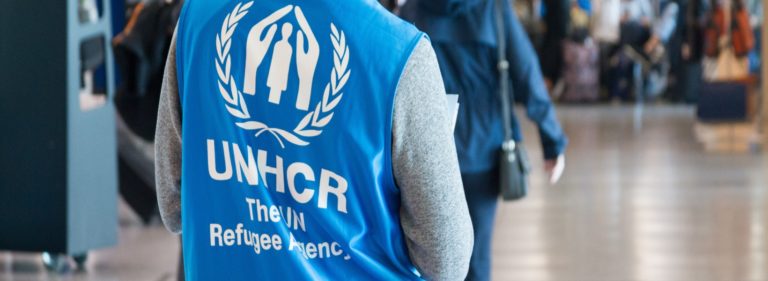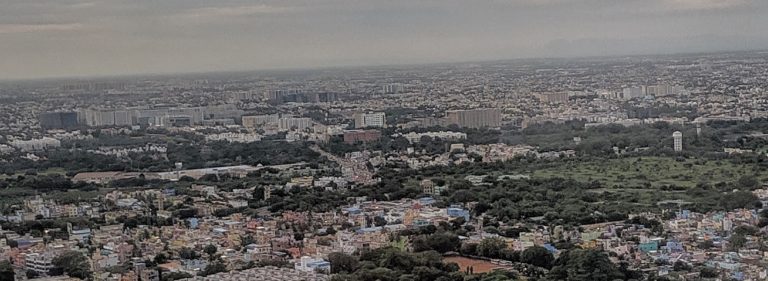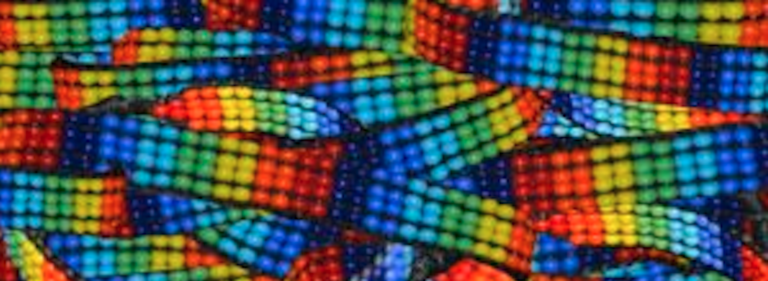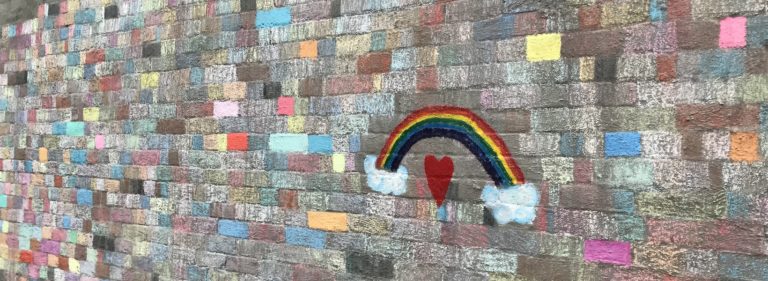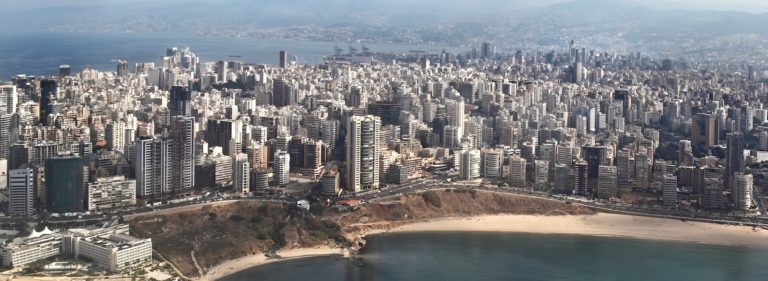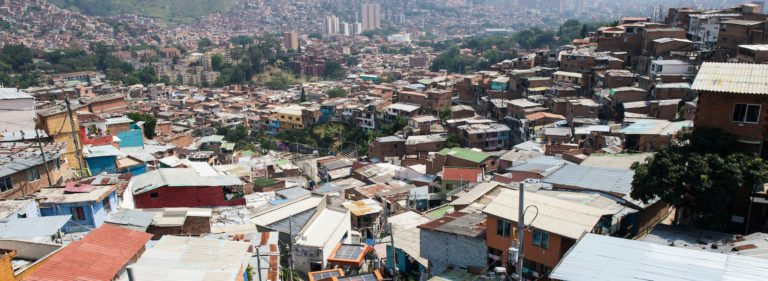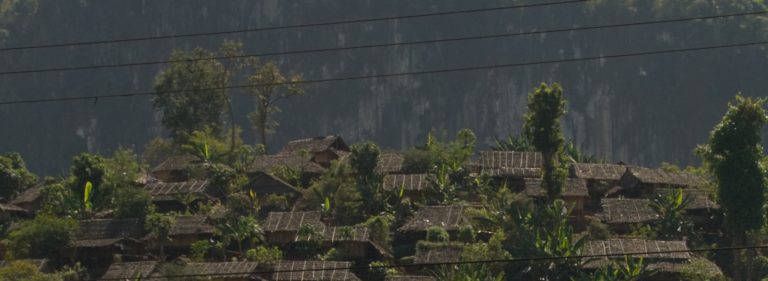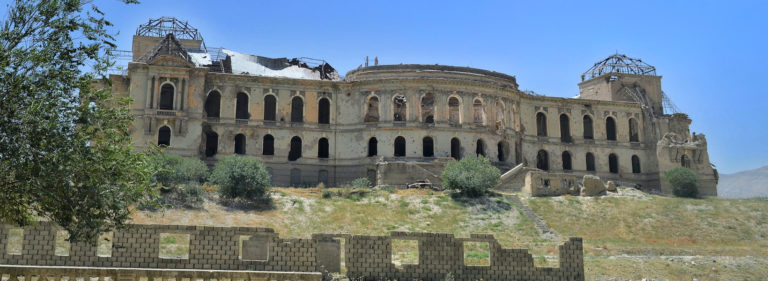Mami Lolita (she/her) is a member of the waria community in Papua, Indonesia. Mami Lolita spends her days at Jayapura, the capital of Papua. Apart from volleyball and activism, she is writing two books, an autobiography called “Taburlah Abuku di Lautan Papua” (spread my ashes at the Papua Sea) and a book on community acceptance that she called “Melati Putih di Dahan Matoa” (Jasmine at the Matoa tree). Mami Lolita is also the chair of a majority-transgender volleyball club, Rombongan Jaman Milenial Volleyball Club (ROJALI VC). In early 2019, ROJALI VC organised the Rojali Cup I, an Indoor Volleyball Tournament. The tournament received positive public support and the Mayor of Papua addressed the event in person.
Tell us about your activism. What do you do?
Many people do not understand about waria. They doubt me because of my expression. So, I tell them that though I sometimes have beards, I have body hairs, I have a short haircut and I don’t put makeup on; I am still a waria. I will be upset if you call me Sir or Mister. I am much comfortable with Mami, again, because I am a waria.
I am the chair of ROJALI and most of our members are waria. Our main focus is volleyball and over time we started to contribute to other social and environmental causes. We actively campaign to stop HIV & AIDS pandemic, we organise regular rubbish clean-up day, we organise regular education with the communities, we contributed our skills in sports and culture in various social events at Jayapura (ie. Independence Day, cultural march, International AIDS conference), we mobilised support for the victims of Sentani flood, and we contributed collectively to collective fundraising efforts to respond to different community crisis throughout the country. We are responsible for the nature that provides us with this space to live, so that is our community service. ROJALI a space for us, to get together and do something useful for the others.
What is your connection to Edge Effect? (what project / how are you involved?)
I became aware of Edge Effect just last week [late August 2020]. I am one of the participants of the ASEAN Queer Leadership eXchange (AQLX) program organised by the ASEAN SOGIE Caucus where Anna facilitated a session on Queer Leadership, Advocacy & Response to Covid19 Pandemic and introduced us to Edge Effect and the 42 Degrees Library, a resource centre on SOGIESC inclusion for the humanitarian and development sector.
What inspires you to advocate for social change?
Our SOGIESC. Identities are not just heterosexual. It isn’t funny to see a trans person being harassed for their expression. We often still can’t practice our worship at the religious institutions. We are marginalised because of social constructs. Whomever we are, we are the same, so, why are there differences within the existing social construct? Why people should be treated differently because they are different? We have the same blood, bone and flesh. Aside from our skin colour and our expression, we are the same. Our clothes have no sex/ sex characteristics. The social construct, patriarchy does all that. I believe we are the same people with the same rights.
I dream there will be a community representative at the legislative, as we are also a citizen who have the same rights to democracy. I also dream someday we will be working for the government institution without having to hide our existence as trans persons. They have to create those opportunities. We need to start questioning how many government officials are waria or living with disabilities or living in poverty? How many of us are given space to speak at social events? Does anyone take our data? Do they use our data to provide us with access to our rights as a citizen?
Finally, stigma and discrimination also exist internally. Education is a crucial step. We need to start respecting ourselves before we gain respect from the others.
What is your experience with humanitarian disasters?
During Sentani flash food in 2019, ROJALI organized four collective kitchen initiatives. We also distributed basic food items and mattresses. We provided support to the trans community, but most of it goes to the impacted communities. We were very thankful for being able to mobilize so much supports. We came with many trucks loaded with rice, matrasses, and various goods.
For Covid-19 pandemic, some of us volunteered to teach children who cannot go to school because their parents do not have enough money to give them equipment and internet access to attend online classes. I expressed myself as I wish, no one judge my expression, and I feel safe. The children and the people there can see me beyond my expression, they can see the love that I am bringing with me.
We also organize the U equals U (U=U) campaign to reduce the prevalence of HIV & AIDS pandemic where we continuously encourage the community to take their medicine regularly and implement a clean and healthy lifestyle. We pay attention to other human rights issues such as women, persons with disabilities and other marginalized communities.
Through Indonesia had a backlash on LGBTIQ+ issue, the situation in Papua is very different. People are more accepting, but we still need to do our situational analysis to understand who our allies and enemies are. So, it isn’t about us being invisible, but we choose the right momentum to be visible.
We also organize different community discussions. Such as digital security and I notice the community use social media in a much thoughtful way than before.
We have reward and punishment policy. You get [fined] AUD 250 for outing/ gossiping other people’s health status, AUD 5 for smoking a cigarette during a volleyball match, AUD 50 for having a pack of cigarettes at the games. We also get some government funding support for activities. We use the money that we collect for donations when someone is sick/ have other needs and we give holiday allowance for Christmas/ Eid.
How did you become involved in supporting LGBTIQ+ people in humanitarian contexts?
As social beings, we need to be inclusive, not exclusive. Love transcends boundaries. Love has no gender identity, sexual orientation or expression. Love may transcend anything including differences, race, ethnicity, religions, etc. We support each other without expecting anything in return. Smile is the greatest gift that we get from sharing our loves. We start with rubbish clean-up and share our loves. There is no need to be selfish and exclusive in love.
How long have you been involved in this work?
ROJALI started on 15 September 2018, we started our rubbish clean-up late 2018 and the flash flood response in March 2019.
What are some of the challenges you face in advocating for more inclusion in the humanitarian system?
There are internal and external issues.
Internally, motivation is crucial. There are many volleyball spaces. So, when they take part in our events, do they sincerely mean to gather and care for each other. If not, we always encourage them and remind them about the importance of being a family, to eat together, to support each other and to care for one another. We don’t do what we do to be famous or to increase our followers. We do what we do to remind each other the importance of love and to share that.
Externally, this pandemic is been challenging. All salons are closed, and no one can do sex work. Some of us had to sell our stuff (AC, sofa, etc.) so we can afford food for each other. I could be selfish and pay for my food, but as family, we eat together, and we starve together. It’s very sad for me to think about this. We used our savings.
Unlike other places, we have no ARV issues. We have enough ARV in stock and even those who are not originally from Papua who is stuck because of the [COVID-19] lock-down can access ARV with a transit card. However, those with no ID still face challenges. The population and civil registration office and the health insurance agency (BPJS Kesehatan) at Jayapura are committed to assuring that everyone has a valid government ID no matter where they are originally from. Yet, some of the community faced difficulties the fulfil the required paperwork from their hometown as some of their family do not want to help them. So, there is still a gap there. It’s fortunate for us to have stepfamilies, who share their logistics with us. They care for us.
At the earlier days, we also lobbied the public decency police to unsealed two salons for not following the Covid19 protocol and our negotiation went well. Many of us also did not have enough money to pay rent. We lobbied the landlords to give some relief. Though now, many of us end up with piling up debts. The Vice Major of Jayapura facilitated us to meet with the financial service authority so we can take up loans. We also received support from the Social Affairs agency and the Jaringan Transgender Indonesia (JTID, Indonesia Transgender Network).
No one solution that fits all, but at least we are a step forward. The pandemic connected us with our friends at different parts of Papua and Indonesia and we learned from each other’s situation. Everyone is impacted by this humanitarian crisis; we must support each other, and it does not have to be big stuff, sometimes an act of kindness like a hug is more than enough.
If there was one change that you would like to see for LGBTIQ+ people, what would that change be?
I imagine acceptance. All of us can accept ourselves and the social construct accept all of us so we are free on this land without and bullying or pressure. We can express ourselves and be ourselves in consideration of other people that we are sharing the space with.
My teaching experience for children impacted by the pandemic is been the most amazing moments in my life. I come as a teacher, as a mother, as myself, without being judged of my expression.
How can humanitarian and development organisations support LGBTIQ+ inclusion?
First, security. Never exploit and take advantage of our personal or organisational data. Always get consent before the use of our data.
Second, make sure your work plan will reach the community. Bring your work plan from your organization to the community.
Third, hire the community as your staff. Explore their interest and give them spaces to strengthen their expertise. Never employ someone who is not the community to work for the community. That is not right, who can fight our struggles except ourselves?
Forth, international players need to ground themselves. Get information beyond the leaders so you will pass the ‘sweet’ stories. The community are best to speak their truths and realities.
Fifth, we cannot separate Papua from the issue of racism. It’s a crucial underlying factor to take into account on determining our approaches to end stigma and discrimination. So, the intersectionality approach is crucial.
Finally, as in our motto, let’s cultivate togetherness in diversity. Remember, action speaks louder than words.






